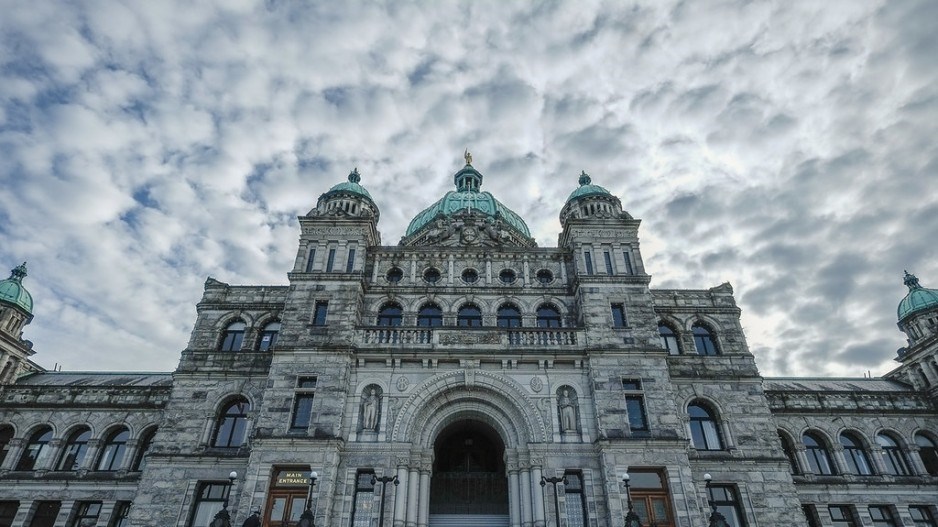In B.C. there are multiple examples where the province has demonstrated very strong transparency outside of the treaty process – examples that were not captured in a recent article: “Non-treaty agreements pose concerns for resource industries.”
To be clear, all of our agreements, including treaties, are developed with significant effort to ensure transparency and engagement, and with appropriate levels of oversight.
A key aspect of the Declaration on the Rights of Indigenous Peoples Act (Declaration Act) is that agreements and other constructive arrangements are the basis for a strengthened partnership between Indigenous Peoples and the provincial government. This legislation, specifically relating to section 6 and 7 agreements, creates the framework around how these partnerships can be strengthened. It provides a structure and clear processes for how joint decision-making could happen, while ensuring there’s administrative fairness and transparency.
Section 7 agreements include statutory obligations for the province to publicly release a summary of who will be consulted, as well as any other party involved in that stage of the negotiation. This also provides another opportunity for consultation with industry, if appropriate.
Each Nation must decide the path to reconciliation that is right for them – that is critical to self-determination. We have signed a number of new agreements with First Nations that create the opportunity for meaningful and lasting reconciliation. Since the Declaration Act passed into law in Nov. 2019, we have entered into a shared decision-making agreement with Tahltan Nation and foundation agreements with shíshálh and Lake Babine Nations. In addition, we have entered into reconciliation agreements with Stz’uminas, Sts’ailes’ and Heiltsuk Nations, as well as pathway agreements with Tla-o-qui-aht and Tŝilhqot’in Nations.
Our agreements with First Nations are public and are posted online, which usually happens after they are announced or signed. Each one of these agreement negotiations adhered to a transparent process that included consistent opportunities for third-party stakeholder engagement. Sometimes the negotiating tables identify third parties who could be affected by agreements, in which case the province proactively reaches out to bring them into the conversation, leading to new discussion.
We acknowledge that although there has been significant progress over the past few years on our approach to the negotiation process, we have yet to conclude more modern treaties with First Nations. However, several treaty negotiations are advanced and may conclude in the very near future.
There have also been several signed incremental treaty agreements, including with Northern Secwépemc te Qelmúcw First Nations, which will transfer ranch lands as part of their treaty negotiations. These are important incremental steps taken towards treaty.
First Nations, Canada and B.C. have also made recent innovations in treaty-making, as guided by the Recognition and Reconciliation of Rights Policy for Treaty Negotiations in British Columbia, which means that incrementalism, and incremental and stepping-stone agreements, are also now built into the B.C. treaty negotiations framework and are a part of the foundation for a more flexible approach to treaty-making. Moreover, concluding these incremental agreements in advance of a full comprehensive treaty will build relationships and bring benefits for First Nations, local governments districts, businesses and all British Columbians earlier in the process. These innovations have positioned several more treaty tables to be concluded in the next couple of years.
B.C. is open to negotiating all forms of agreements with First Nations that recognize and support reconciliation, self-determination and economic independence. We respect that the treaty process may not work for all Nations and we need to make sure Nations have options for their unique reconciliation paths.
While we are seeing real progress on reconciliation, we all know there’s much more to do and we are committed to continuing to do this work, to achieve a better British Columbia for all.
Murray Rankin is B.C.’s minister of Indigenous relations and reconciliation.
BIV welcomes editorial feedback, commentary and letters that support transparent, informed and constructive dialogue on topics relevant to BIV’s audiences. Perspectives may be sent to [email protected] for review and consideration.




